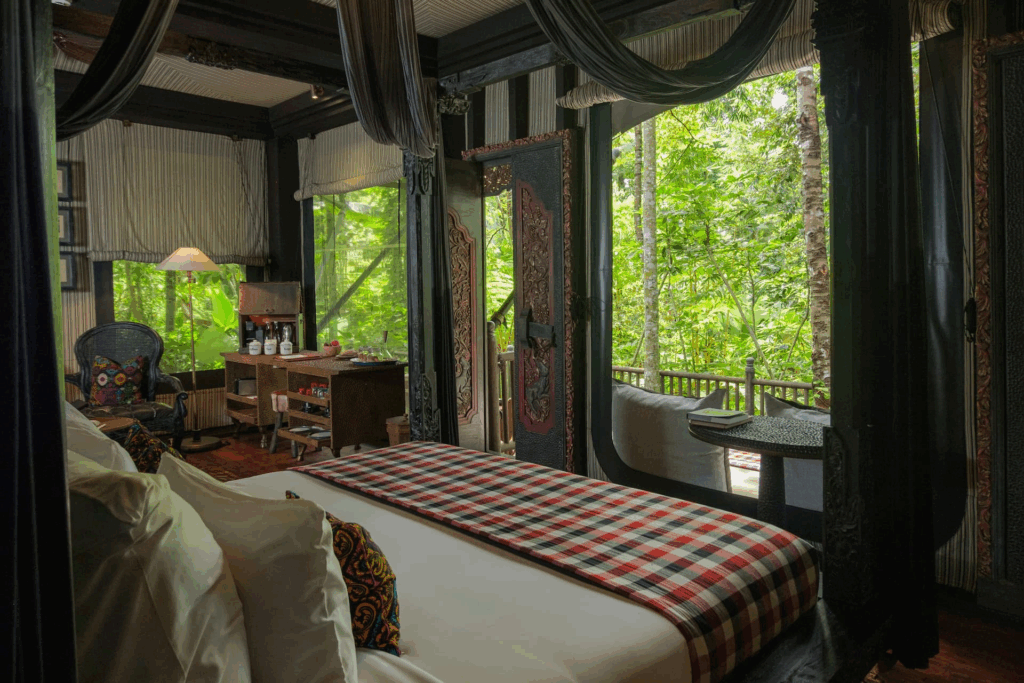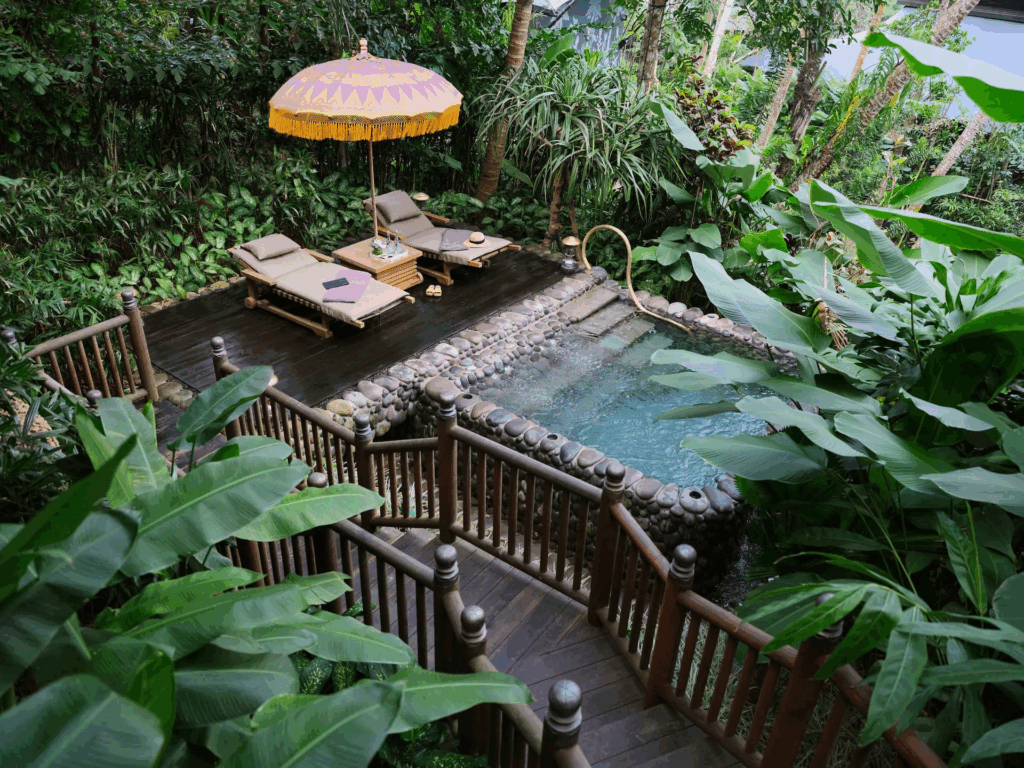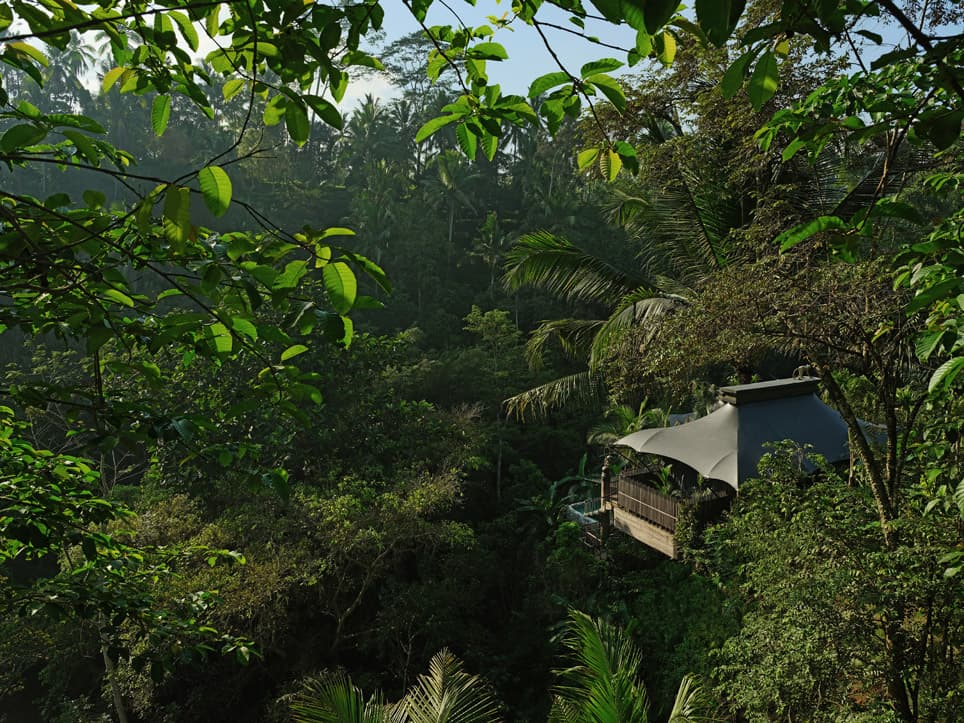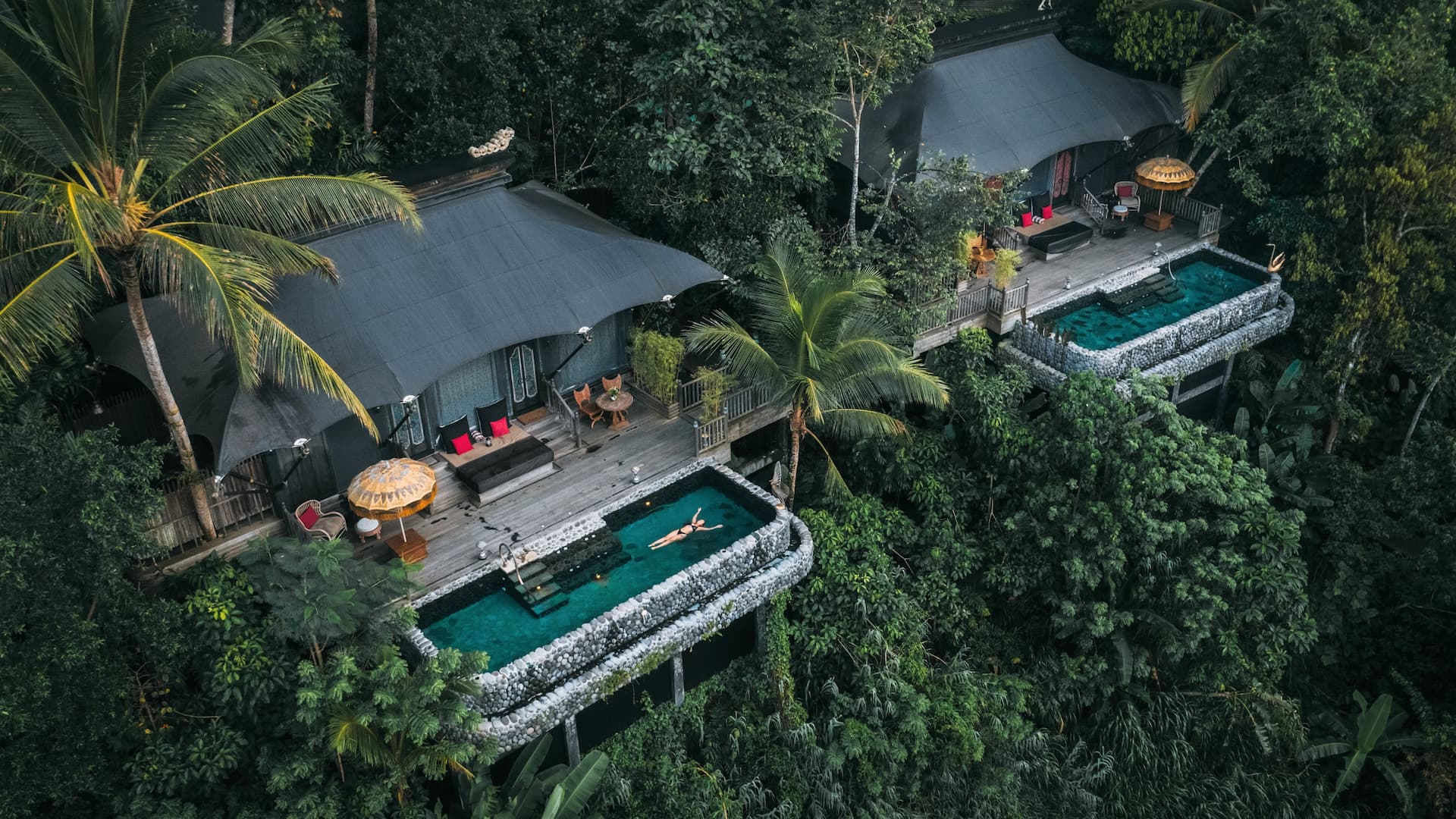The Leading Hotels of the World (LHW), a collective representing over 400 independent luxury hotels worldwide, has released its second book, Culture, a follow-up to its inaugural 2024 title, Design.
Published in June, the new volume explores cultural richness and artistic expression through the lens of hospitality design. It features over 80 properties selected for their architectural merit, storytelling, and role in preserving cultural identity.
According to a news release, the book includes visual and narrative contributions from hoteliers, artists, and cultural stewards across diverse global destinations.
Among the properties featured is Capella Ubud in Bali, Indonesia. Designed by architect and interior designer Bill Bensley, the resort sits in a rainforest near Ubud’s rice terraces. The property consists of 22 individually themed tents and a two-bedroom lodge.

Drawing inspiration from the aesthetics of 19th-century European explorers, the resort uses Balinese materials and local craftsmanship to reflect both colonial-era motifs and regional traditions.
Construction of the camp prioritized environmental sensitivity, and no trees were cut during the building process. Instead, the structures are linked by suspension bridges and open-air walkways to blend naturally with the jungle environment.
Capella Ubud is among the properties described in the book as a “celebration of place, purpose, and personality,” emphasizing a philosophy of immersive design that highlights both natural surroundings and cultural heritage.
The book’s format combines photography with storytelling to capture these narratives in detail.

For professionals in the outdoor hospitality and glamping sectors, Culture underscores the growing trend of site-sensitive design and experiential lodging rooted in local tradition.
It illustrates the value of integrating natural landscapes with cultural storytelling—principles that can be applied to differentiate glamping sites or RV resorts from conventional accommodations.

The use of lightweight, non-invasive architecture, as seen at Capella Ubud, offers a model for sustainable development that does not compromise design integrity or guest experience.
The LHW’s release of Culture provides industry insight into luxury consumer expectations, including personalized design, authentic cultural references, and low-impact structures.
Operators in the outdoor hospitality industry may find in the book both creative inspiration and strategic examples for aligning their offerings with evolving market trends focused on design, conservation, and storytelling.
Featured image by Capella Ubud via capellahotels.com


